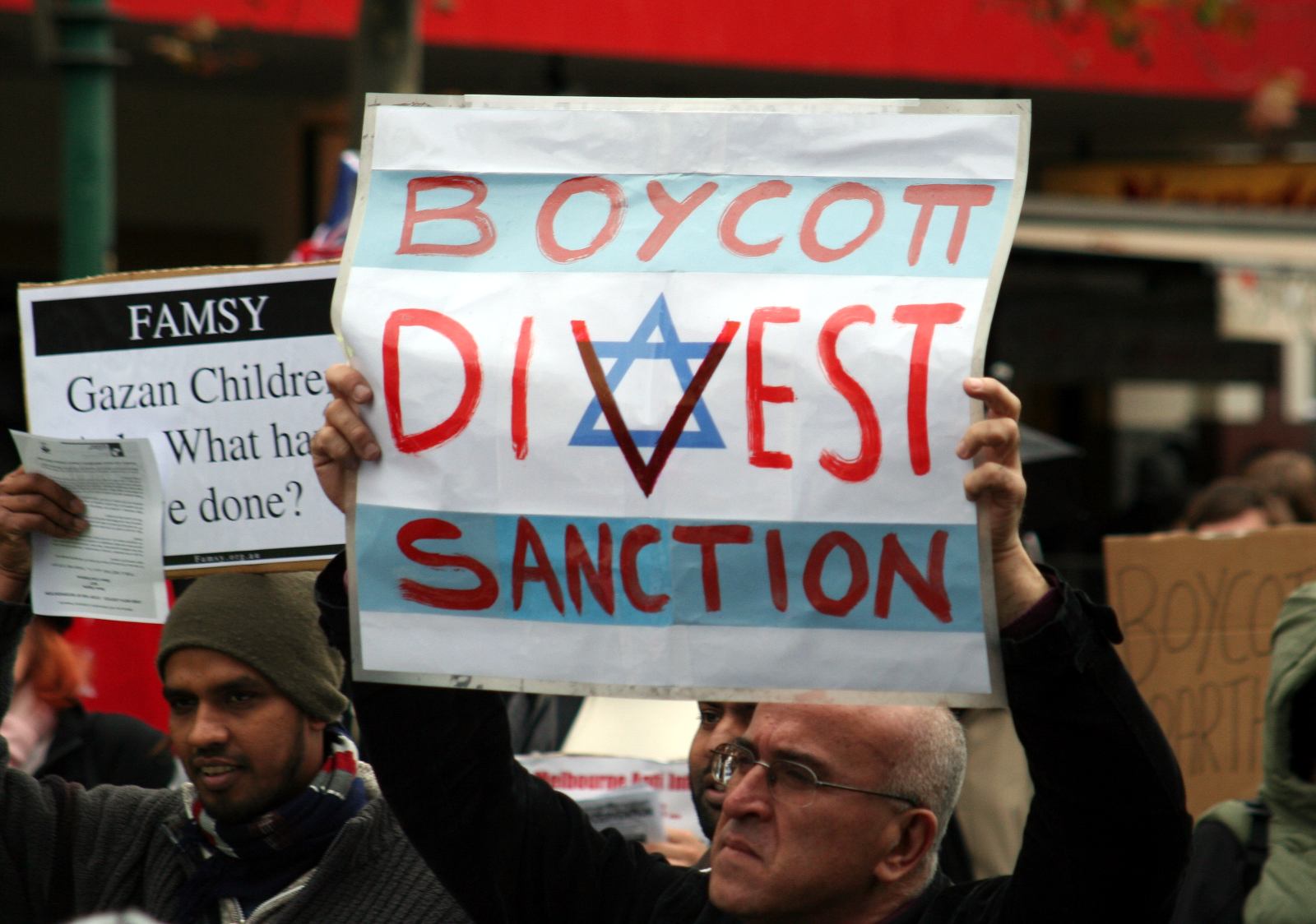by Rabbi Yaakov Menken, Jewish News Syndicate
America has long been a welcoming home for minority religious groups, observant Jews being a notable example. In addition to synagogues, day schools and yeshivahs, growing demand is such that most sizable Jewish communities support at least one kosher grocery store with larger ones having multiple supermarkets carrying exclusively kosher foods.
Shoppers will find baked goods, produce, soda and so on, as they would in a Kroger or Publix supermarket, or Whole Foods Market, except that all items are kosher. But here’s what they will no longer find: Ben & Jerry’s. In response to the company’s announcement last month that selling ice-cream to Jews in Judea is “inconsistent” with its “values,” there isn’t a kosher supermarket or grocery store in the country willing to carry its products.
Enjoy what you're reading? Subscribe for more!
The Orthodox community clearly does not regard this corporate decision as a mere political matter. Few would go out of their way to boycott ice-cream if this were, in fact, solely about a geopolitical conflict, let alone one occurring thousands of miles away. What the Orthodox community instead perceives, rightly so, is a manifestation of the millennia-old hatred that we now term anti-Semitism.
Revealingly, a plethora of increasingly influential left-wing Jewish organizations disagree. The views of Moriah Richman, who is part of the national communications team for J Street U, are emblematic. She claims that Ben & Jerry’s actions are “principled and commendable,” a brave stand to combat “the systemic injustice of occupation.”
J Street is far from alone in adopting a stance foreign to that of the Orthodox community. Dozens of proudly progressive Jewish groups signed a letter claiming that AIPAC falsely accused Rep. Ilhan Omar (D-Minn.) of supporting hate. The more than 1,500 observant rabbis of Coalition for Jewish Values, for which I serve as managing director, attest that there was nothing false whatsoever about AIPAC’s “accusation.”
How, then, do we explain this split in the Jewish community? Why do self-proclaimed “progressive” Jews defend Ben & Jerry’s policy and Omar’s rhetoric when practically all observant Jewish Americans, like the vast majority of Israelis, consider them anti-Semitic?
The difference between the Orthodox community and the secularist (and increasingly anti-Zionist) Jewish left can be summed up in one word: education—meaning, the Jewish sort. What the leaders and members of groups like J Street, IfNotNow and Jewish Voice for Peace share in common is an unwillingness to seriously engage with Jewish history, Jewish ideas and Jewish texts. In short, they have little connection to anything authentically Jewish.
No one imagines that a person can gain expertise in, for example, medicine, mathematics or literature by accident of birth. Yet these progressive groups lay claim to Jewish wisdom—and, specifically, “Jewish morality”—simply because many of their members were born to Jewish parents. This is, in essence, a racialist appeal for credibility.
“Anti-Semitism” is a German euphemism for a much, much older form of hatred. In every generation, it has found a new, socially acceptable facade. To combat it honestly and effectively, one must be educated in its underlying signs and symptoms. For thousands of years, observant rabbis have educated themselves to pierce the veil and identify the hate festering beneath. No one is born with this knowledge or the ability that attends it.
Here, however, is a brief primer: Anti-Semitism has always begun from the false belief in a vast Jewish conspiracy to steal, defraud and harm. The same bigoted myth of Jewish control of banks found in the fabricated The Protocols of the Elders of Zion and Hitler’s Mein Kampf is at the core of accusations that Jews are “occupiers” for moving back into the vicinity of the Tomb of the Patriarchs in Hebron, and the Old City of Jerusalem where King Solomon built the Temple, after they were ethnically cleansed from these holy sites by Arab mobs and the Jordanian army in the early 20th century. Anti-Semitism today involves, as it always has, a hateful inversion of reality.
Since economics are at the root of the imagined crimes of Jews, they provide the first “reprisal” as well. This is why Jews were herded into ghettos and prohibited from owning property outside them during the Middle Ages. It is also why the first Nazi edict, in 1932, was a boycott of Jewish businesses, which the Arab League then adopted as a boycott of Palestinian goods in 1945. (In 1945, “Palestinians” referred exclusively to Jews.)
Proponents of the anti-Semitic Ben & Jerry’s boycott, subsumed under the “Boycott, Divestment and Sanctions” movement, believe that reprising this ancient animus and Nazi tactic will eventually force Israel to abandon its defensive posture. Omar Barghouti, the founder of BDS, has declared that “no Palestinian … will ever accept a Jewish state in Palestine.” BDS’s goal is to deny Jews self-determination. As a result, BDS, contrary to its stated purpose, drives Israel away from the negotiating table not only because it demands Jews compromise their safety and the safety of their children, but because it is redolent with Jew-hatred.
In other words, none of this is complicated, but it requires adequate grounding in the nature of anti-Semitism and the way that it mutates to hide in plain sight.
Those without a substantive Jewish education cannot understand this. Nor can they speak for Jewish morality; their words are liable to do more harm than good. As the late Lord Rabbi Jonathan Sacks said, “Most anti-Semites do not think of themselves as anti-Semites.” This is all the more true when the anti-Semites are of Jewish ancestry.
Rabbi Yaakov Menken is managing director of Coalition for Jewish Values.
Photo Credit: Bundesarchiv
https://creativecommons.org/licenses/by-sa/3.0/de/deed.en


